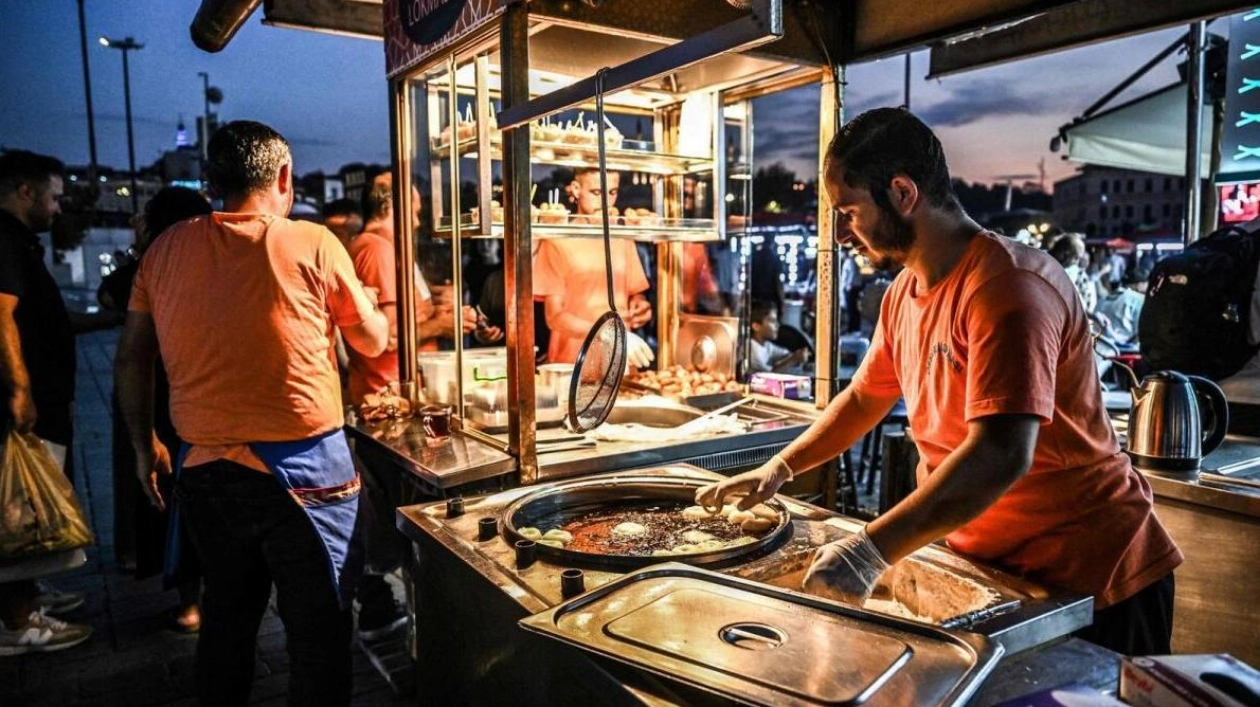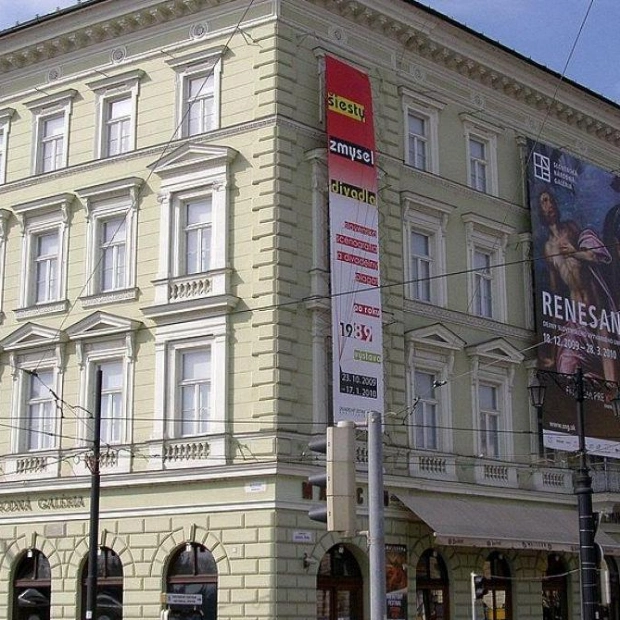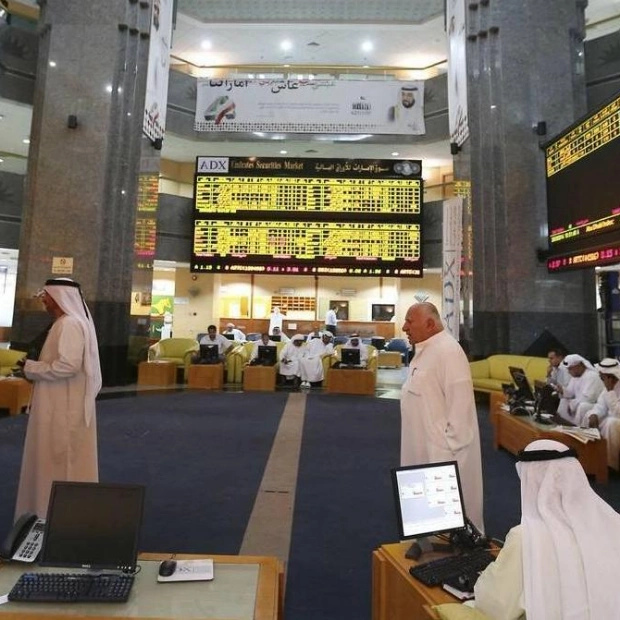The alluring aroma of roasted corn and chestnuts drifted from Hakan Deniz's red and gold food cart near a mosque in Istanbul's historic district. However, attracting local customers has become a challenge. Amid Turkey's severe inflation, the street vendors of Istanbul, a fixture since the Ottoman era, are facing an uncertain future.
"Our future is unclear," lamented Deniz, 18, as he maneuvered his cart past the Rustem Pasha mosque. "Inflation has cost me nearly half of my regular customers," he explained while serving a bag of chestnuts to an American tourist. He expressed concern about the longevity of vendors like himself.
Global inflation surged post-Covid and escalated further due to the Russia-Ukraine conflict in 2022, but Turkey has been hit especially hard. By October 2022, inflation had peaked at 85 percent, then eased and spiked again to 75 percent by May this year, before dropping to 52 percent in August.
Istanbul, a city of 16 million, would lose its unique charm without its street vendors. At night, their mobile stalls, adorned with neon lights, illuminate the city streets, filling the air with diverse scents from stuffed mussels to sesame-covered simit.
Osman Sirkeci, a researcher at Izmir University of Economics, noted that street vendors generally have a positive public image. Some, like the sellers of macun, a sweet toffee paste, are seen as preserving an Ottoman tradition. Their numbers swelled post-pandemic, with a million new street vendors emerging, bringing the total in Turkey to seven million.
Yet, inflation has severely impacted these low-wage, thin-margin professions. Sirkeci pointed out that while mobile vendors have lower overheads than traditional shops, they face high costs for raw materials sourced through intermediaries, which pass on inflationary costs.
Nuri Geyik, a 54-year-old simit seller, lamented the soaring prices of sesame and flour. "Everything is too expensive," he said, recalling how he once sold simit for one lira each, now forced to charge 15 lira.
Mithat Atilgan, who sells fruits and vegetables from Bursa, 150km south of Istanbul, also feels the pinch. "Transport costs have risen, and sales are poor," he said, noting that only the affluent can afford his produce.
Mustafa Demir worries about how long his regular Turkish customers will continue to buy his pickles, now priced at 40 liras, up from 15 cents.
Deniz noted a shift in his clientele: "Previously, most of my customers were Turkish, but now 70 percent are tourists." Despite Sirkeci's optimism about the survival of street vendors, Deniz is less confident, pointing to the dwindling number of boza sellers in Istanbul as a sign of the trade's decline.






